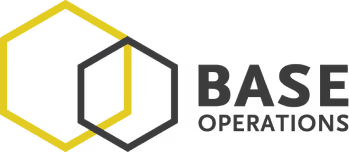Duty of Care
Now more than ever, companies with global operations must maintain a high level of duty of care and detailed business continuity plans.
A global footprint is essential for any modern, multinational corporation. That footprint includes installations, supply chain, and personnel based outside of the US. Companies hire and send more employees abroad than ever. While a global footprint is essential to competing in a global market, it carries certain risks and liabilities.
Duty of Care Trends
Duty of care is a legal principle that requires directors and officers of a corporation to act in a manner that a reasonable and prudent person would in their position.i In fulfilling their duty of care responsibilities, employers must take reasonable precautions to ensure the health, safety and security of their employees, especially those traveling abroad on behalf of the company.
- Businesses worldwide have seen an increase in business travel over the past five years, with business travel-related spending growing 5-7% year over year.ii
- A rising number of catastrophic events, such as natural disasters, terrorist attacks, kidnappings, and disease outbreaks, impact traveling employees.
- Decisions from recent cases show that companies are increasingly held liable for lapses in duty of care, including the duty to foresee sources of harm, respond to emergencies, and provide solutions.
- Cybersecurity breaches are expanding negligence case law.
Relevant Legislation
In response to these trends, legislation emerged that requires companies to take measures to protect employees traveling for business. These regulations are stipulated in federal and state legislation, professional and industry-wide codes, and contract law.
- OSHA: Duty of care was originally set out in the Occupational Safety and Health Administration Act of 1970 (“OSHA”) under the “general duty” clause, which states that employers must furnish employees with workplaces free of hazards that may cause death or serious physical harm. Code of Federal Regulations 29 Standard 1910.38 outlines requirements for emergency preparedness and response, including alarm notifications, employee accounting, and communication. These regulations apply to most medium and large US companies, which face significant liability upon failure of compliance.
- Workers Compensation and Common Law Negligence: These set of laws serve to enforce a company’s financial responsibility injured on the job. Many states include business travel and expats within their Workers Compensation obligations. If it is found that a company failed to take reasonable steps to prevent harm, they could be charged as negligent.
- UK Manslaughter Act: In 2007, the Corporate Manslaughter and Corporate Homicide Act of 2007 was enacted in the United Kingdom. Under this law, companies and their corporate officers “can be found guilty of corporate manslaughter as a result of serious management failures resulting in a gross breach of a duty of care.”
Relevant Cases

“Protecting employees from local threats requires near real-time communication. It’s no longer enough to use one system to monitor for events and another to communicate with your people.“ Brett Andrew, Security Magazine
Takeaways
Now more than ever, companies with global operations must maintain a high level of duty of care and detailed business continuity plans. In light of increased business travel, more catastrophic events, and increased corporate liability around duty of care, companies should:
- Implement a formal system of rapidly accounting for employees and key contractors in emergencies
- Provide dynamic, proactive tools to employees based on granular data to inform safer decision-making
- In the face of budget cuts, leverage outsourced security service providers for tasks like risk reports, route planning, and geolocation-based alerts

Join 1100+ security leaders getting new ideas on how to better protect their people and assets.









